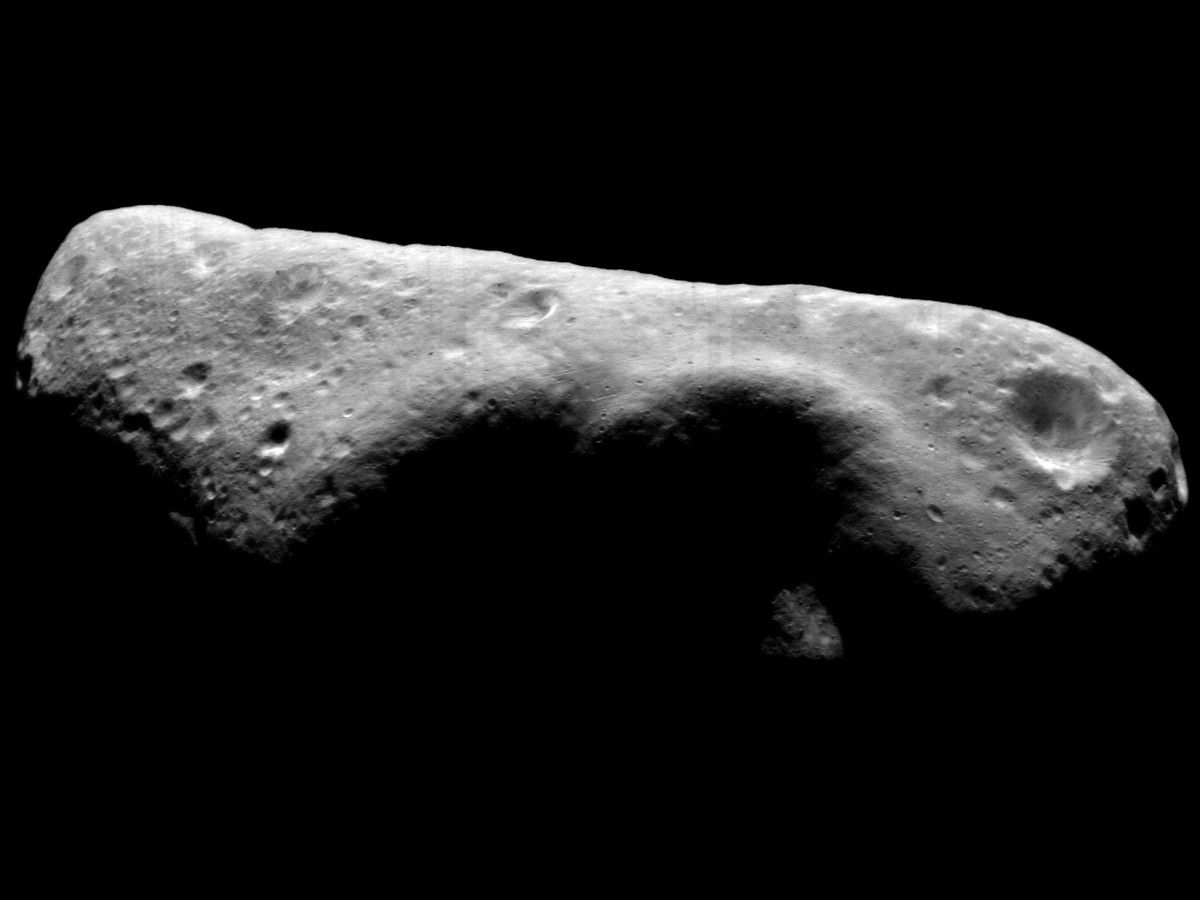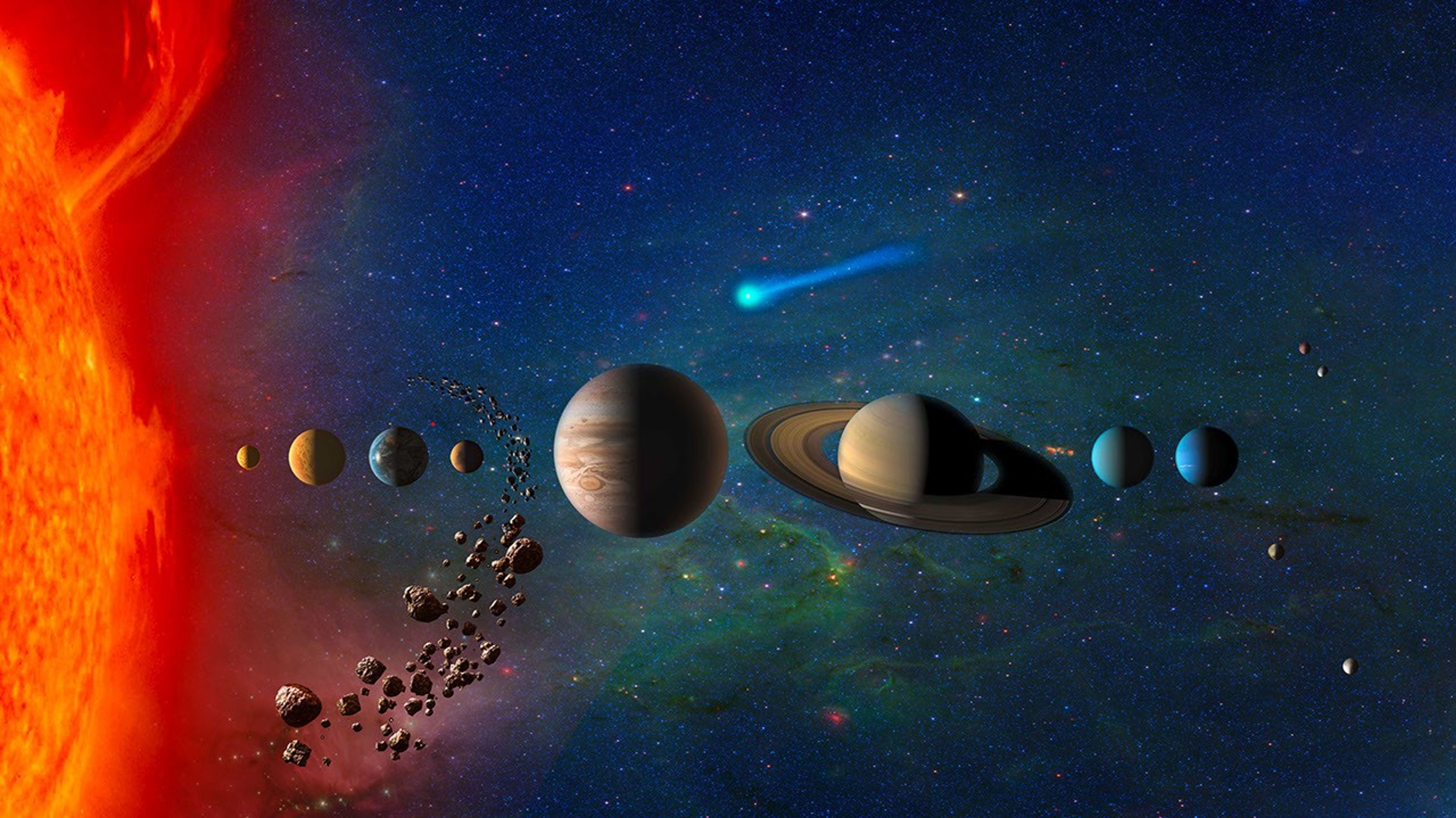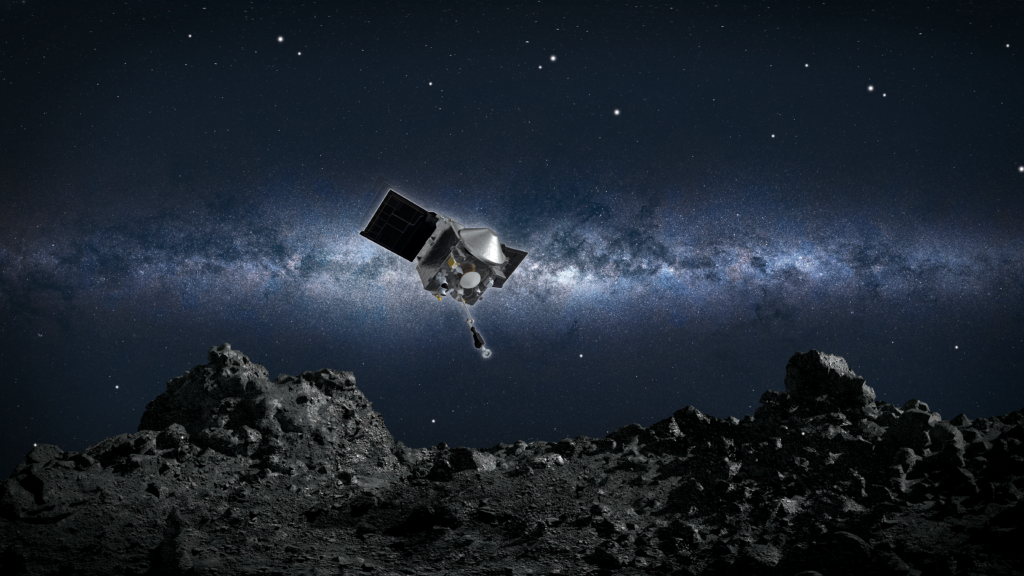
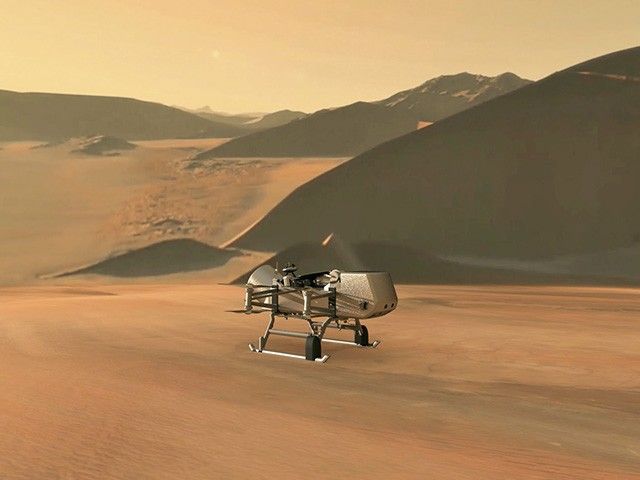
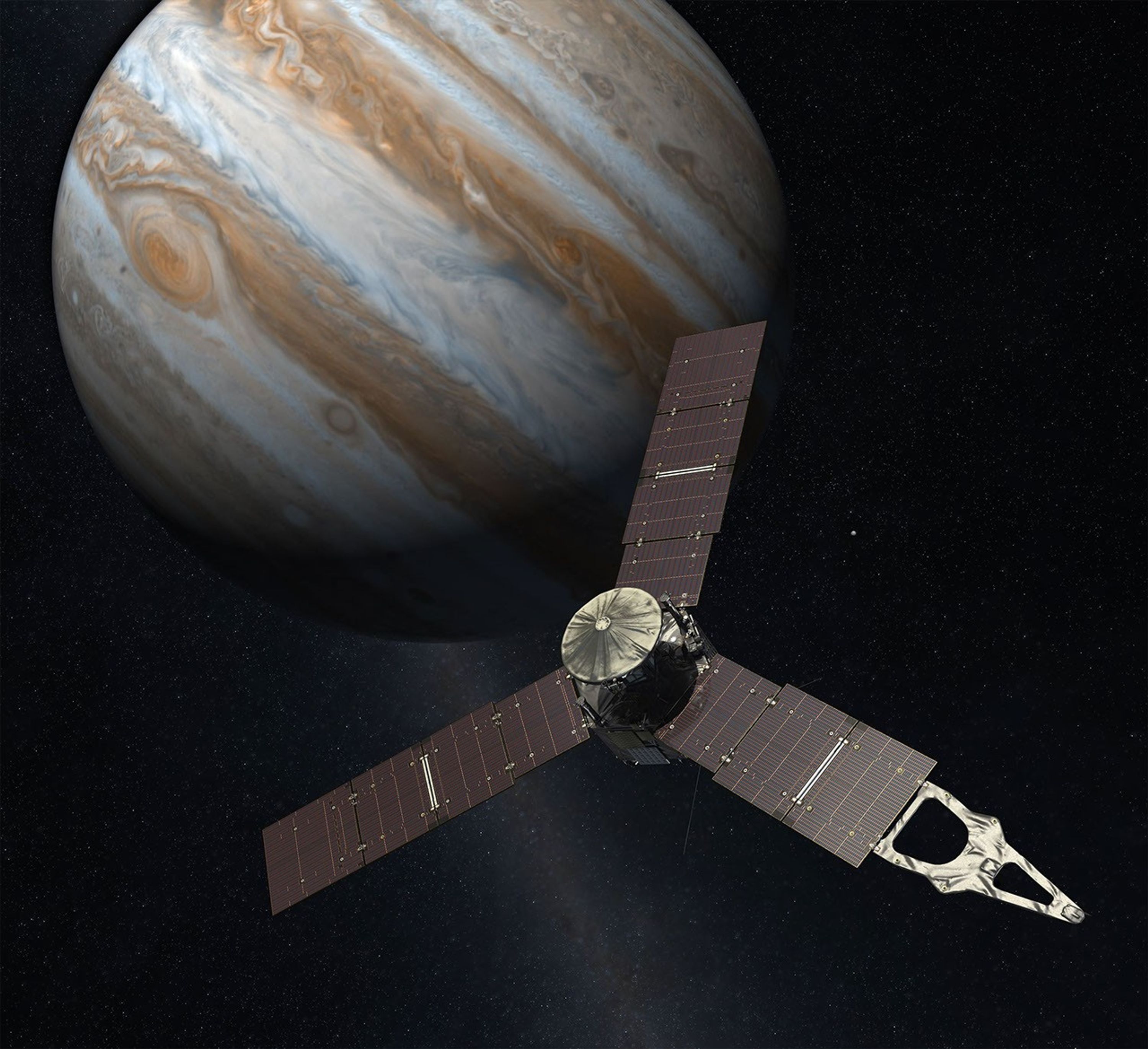
New Frontiers
The New Frontiers Program is designed to accomplish focused planetary science investigations, using innovative and efficient management approaches. The Program’s prime objective is to answer unique science questions in the exploration of the Solar System.
The New Frontiers Program strives to produce the following outcomes:
- Advancement in scientific knowledge and exploration of the elements of our solar system and other planetary systems.
- Addition of scientific data, maps, and other products to the Planetary Data System (PDS) archive for all scientists to access.
- Announcement of scientific progress and results in the peer-reviewed literature, popular media, scholastic curricula, and materials that can be used to inspires and motivate students to pursue careers in science, technology, engineering, and mathematics.
- Expansion of the pool of well-qualified PIs and project managers for implementation of future missions in New Frontiers and other programs, through current involvement as Co-Investigators and other team members.
- Implementation of technology advancement proven in related programs.
Program Approach
New Frontiers investigation proposals are solicited via the Announcement of Opportunity (AO) process. Each mission proposal is led by a principal investigator (PI) who is typically affiliated with a university or research institution.
The PI selects team members from industry, small businesses, government laboratories and universities to develop the scientific objectives and instrument payload. The team brings together the skills and expertise needed to carry out a mission from concept development through data analysis. The PI is responsible for the overall success of the project by assuring that cost, schedule and performance objectives are met.
The New Frontiers Program seeks to contain total mission cost and development time and improve performance through the use of validated new technologies, efficient management, and control of design, development and operations costs while maintaining a strong commitment to flight safety.
NASA is committed to the principles of open competition and merit review as a key to excellence. Mission proposals in response to the AO are chosen through an extensive competitive peer review process. Proposals require careful tradeoffs between science and cost to produce investigations with the highest possible science value for the price.
New Frontiers Missions
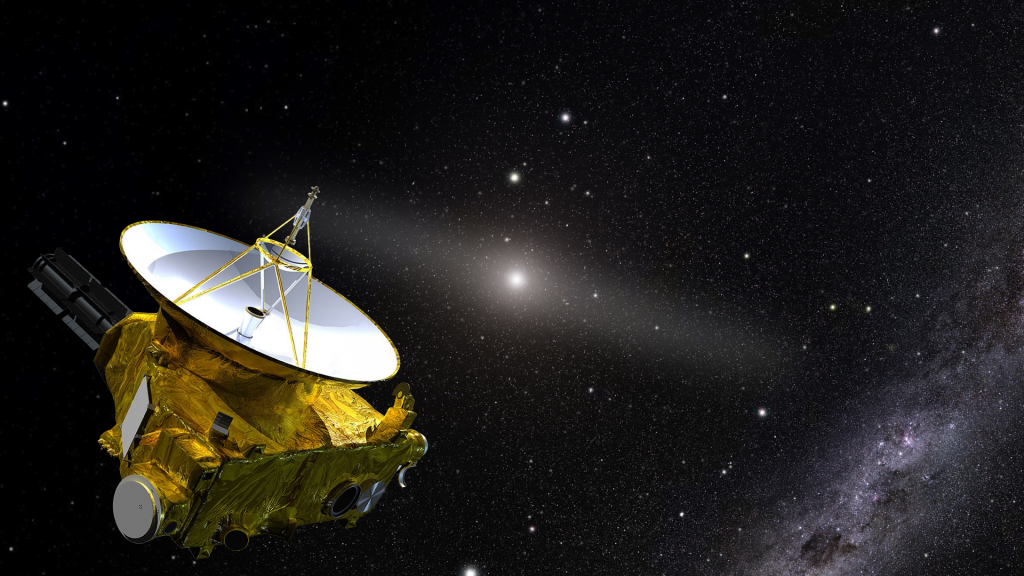
New Horizons (2006-Present)
NASA’s first mission to study Pluto, its moons, and other objects in the distant Kuiper Belt, New Horizons also collected data during its flyby of Jupiter, and later from the Kuiper Belt object Arrokoth, the most distant object ever explored close up. In 2022, the mission received a second extension to collect data relevant to NASA’s Planetary Science, Heliophysics, and Astrophysics Divisions.

Juno (2011-Present)
The more than three terabits of data about the interior and origins of Jupiter returned by Juno since 2016 have completely changed our understanding of the planet. A mission extension through 2025, or the spacecraft’s end of life, will reveal greater details and also provide flybys of Jupiter’s moons Ganymede, Europa, and Io.

OSIRIS-REx, OSIRIS-APEX (2016-Present)
In September 2023, OSIRIS REx (Origins, Spectral Interpretation, Resource Identification, and Security - Regolith Explorer) safely delivered to Earth an unprecedented amount of sample material from asteroid Bennu collected in 2020, which is being curated in a clean room at NASA’s Johnson Space Center. Following the Bennu sample release, the spacecraft was redirected on a new mission, OSIRIS-APEX (Apophis Explorer), to study the asteroid Apophis shortly after it passes near Earth in 2029.

Dragonfly (No earlier than 2028)
When it arrives at Saturn’s icy moon Titan, Dragonfly will mark the first time NASA flies a quadcopter drone on an interplanetary destination. This will also be the first time NASA flies a full science payload with the ability to collect data about surface composition which will help the team examine Titan’s surface for the building blocks of life in areas where water and organic materials may have co-existed.
Discovery and New Frontiers Oral Histories
The NASA History Office is collecting oral history interviews to document the experiences of individuals who have dedicated their time and expertise to the Discovery and New Frontiers planetary exploration missions, including lessons learned, science objectives and methodologies, mission proposal processes, team dynamics, and management decisions.
Read More